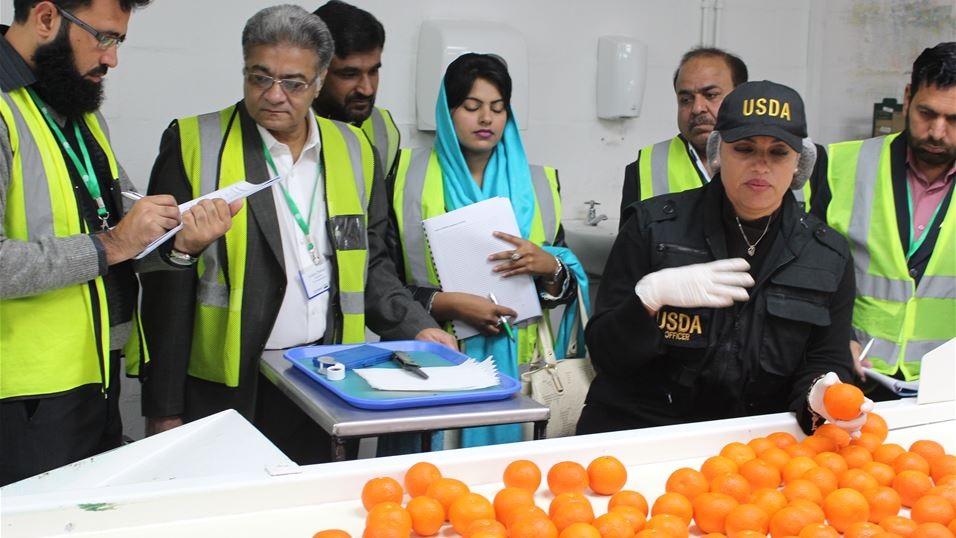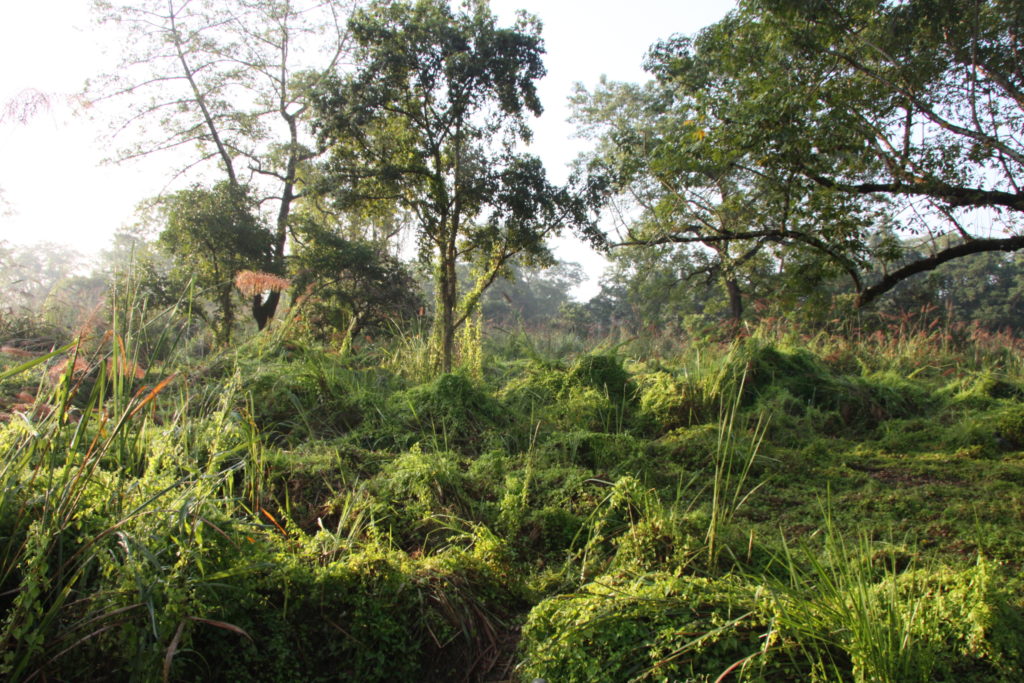Global health security, collaborating to stop epidemics
Global health security is defined as stopping the spread of infectious diseases and drug resistance across borders. Its a concept being put into action by the Global Health Security Agenda, a commitment by over 50 member countries, NGOs and international donors to assess and improve health systems to stop outbreaks, as happened with Ebola in West Africa, turning into epidemics. We review progress on malaria and on neglected tropical diseases as detailed in the 2017 annual report of UK’s All-Party Parliamentary Group for Malaria and Neglected Tropical Diseases, entitled "Global Britain in the Fight against Malaria and Neglected Tropical Diseases".
Dr Rob Reeder goes ‘bananas’ about pests and diseases on the Urban Farm Podcast
Plant pathologist Dr Rob Reeder has this week spoken to Greg Peterson of the US-based Urban Farm Podcast about how the global supply of bananas (particularly the Cavendish variety) could be put at risk from a three-pronged attack of pests and diseases. In the podcast, Dr Reeder reveals the reasons why the fungus known as…
Building capacity for greater food security in Pakistan
As part of CABI’s mission to help farmers grow more and lose less, we have been funded by USAID – via the United States Department of Agriculture (USDA) – to help Pakistan improve its sanitary and phytosanitary (SPS) systems and therefore open up its fruit and vegetables to more high-end global markets that were previously untapped. Currently these products only contribute 13% of the country’s export but improvements to its SPS capabilities could see this number rise significantly.
CABI board member Paulus Vershuren explains how CABI is delivering on SDG17: Partnerships for the Goals
[youtube https://www.youtube.com/watch?v=KjrI0hkWTZ4?feature=oembed] The world we live in today faces complex and interconnected challenges that individual organisations alone cannot easily resolve. When the scale of the challenge is global, organisations must find ways of strengthening their partnerships and coming together to find the best and most sustainable solutions. This is why partnerships are at the…
CABI board member Dr Prem Warrior explains how CABI is delivering on SDG15: Life on Land
[youtube https://www.youtube.com/watch?v=F50tEAWounM?feature=oembed] CABI helps prevent, detect and limit the impact of invasive species by training government officials about the way they arrive and spread, supporting early detection and removal, and advising on natural, sustainable control (biocontrol) and pest management. By conserving biodiversity and ecosystems, we're improving the preventing and management of invasive species.
CABI board member Professor Dame Anne Glover explains how CABI is delivering on SDG12: Responsible Consumption and Production
[youtube https://www.youtube.com/watch?v=pJ1OqUUhwTY?feature=oembed] In future, farmers will need to produce more food from fewer resources. They will also need to significantly reduce crops losses. But without the right information, farmers cannot easily introduce new, highly productive and sustainable ways of farming. Sustainable production is central to CABI's work. We promote resource efficient farming and help farmers…
Irrigation facilities to enhance all year seed supply by farmers in central Uganda
Lack of access to quality seed, particularly of traditional crops that are not well integrated into the formal sector, remains a key challenge for increased productivity of these crops in African farming systems. CABI, working with national and regional partners, aims to strengthen seed systems in Africa through developing farmer seed enterprises and linkages to…
CABI board member Akhter Mateen explains how CABI is delivering on SDG1: No Poverty
[youtube https://www.youtube.com/watch?v=i3N0PEeKLOU?feature=oembed] One in five people in developing regions still live on less than $1.25 a day and many of these are the 500 million smallholder farmers around the world. But CABI is working hard to help small-scale farmers lift themselves out of poverty. We collaborate with people and organizations working across the supply chain…
CABI board member Roger Horton explains how CABI is delivering on SDG4: Quality Education
[youtube https://www.youtube.com/watch?v=RAQdE3PRzf8?feature=oembed] Sharing scientific agricultural and environmental information helps people tackle global challenges like food security. CABI creates resources that give access to science-based information on agriculture and the environment. Our mission is to improve people's lives worldwide by sharing knowledge. As a scientific publisher we produce materials for academics and researchers that make…



